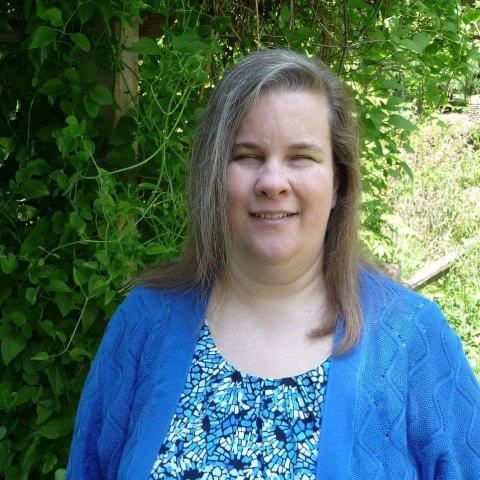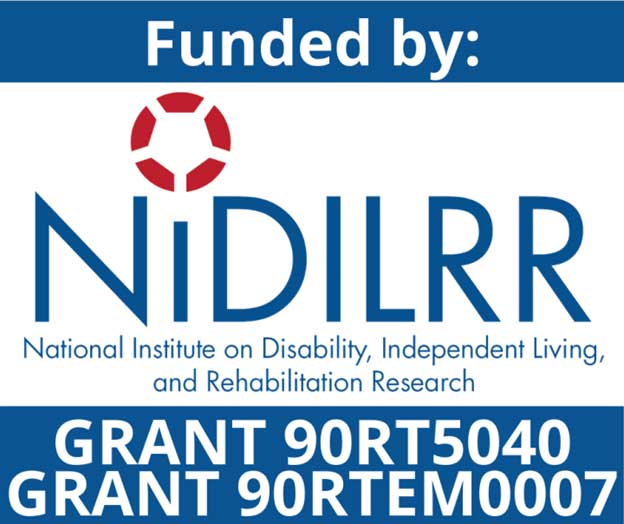
Sarah Blake LaRose attended Anderson University, where she earned a Master of Divinity (2009) and Doctor of Ministry (2019). Sarah was born three months early and has lived with a visual impairment all her life as a result.
One of her greatest challenges as a student was finding accessible Hebrew textbooks. To overcome this obstacle, she arranged to use different textbooks for her Hebrew classes. She also had braille maps created at her own expense to understand the geography of biblical lands better.
As an adjunct professor at Anderson University in Indiana, Sarah has taught biblical Greek and Hebrew. She decided to teach biblical studies after encouragement from her professors and positive experiences as a tutor. As a teacher, one of her greatest struggles has been overcoming her fear of how students might react upon meeting her. However, she allows students to ask questions freely and has found that her students are very comfortable and inquisitive.
Sarah has not dealt with many accessibility issues in her teaching experience, but in a ministry internship, she found transportation availability and its related costs to be a barrier. She utilizes screen readers, braille, a white cane, and is eagerly awaiting training with her seventh guide dog!
Sarah has some functional vision, which is helpful for navigation. She started receiving orientation and mobility training in elementary school and chose to continue to take some supplementary training into adulthood.
Now, she serves as a Braillist for The Jewish Braille Institute. She is also recognized as a recipient of the Jacob Bolotin Award from the National Federation of the Blind for her work to increase accessibility of biblical language texts and tools.
She believes that “braille is crucial for a person’s success if reading print is a struggle.” She learned braille at a young age, which she credits with helping her learn multiple languages. Sarah recommends to individuals with blindness to “get outside the world of blindness and learn to use technology to its fullest.”
Updated February 2024
